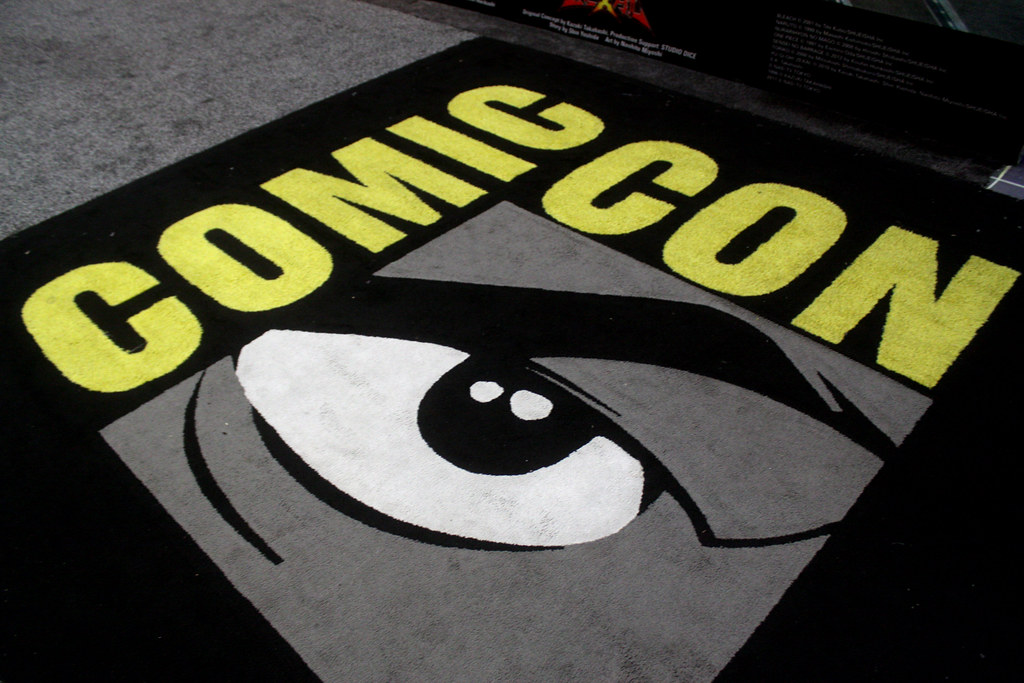I wanted to explain my thoughts on the research that I found on women in film. Before doing research, I knew very little or was oblivious to how women are portrayed in movies. I certainly had no idea of the statistics that existed on the wage of actresses in Hollywood.
I knew exactly what clips I would use to include in the video, such as Kathryn Bigelow's Oscar Win, which I could not leave out. And I wanted to end with Patricia Arquette's Oscar speech, which is one of the most recent instances of action or speaking out against sexism in film.
From making this video, I learned that this is an issue that is still very much alive, no matter how subtle it might seem. To be honest, before I joined this class and learned about how sexism exists in every form of media, I would have a hard time finding it. Perhaps it was because I was not looking.
With my project, I want to bring to light sexism in the film industry. I want to educate people and provide examples that they see with their own eyes but may never have really noticed. Making this video inspired me to not only expose the issue, but to think about doing something about it in any way I can.
I want to re-upload the video because some of the images are fuzzy and you cannot makeout what they say. One of the images about the post on Tumblr says, "A rigger was telling a bunch of other technicians a story when he saw me and said, 'Oops! I shouldn't sweat when there is a c*** in the room'". Another says, "We need to get her boyfriend here for the weekend, she needs to get f**cked" (a producer speaking to a crew member about her, a Director)
In addition, I wish to collaborate with Karith Foster, creator of Sterotyped 101. Stereotyped 101 is a comedy lecture series where Karith travels to colleges and universities all over the country to speak about diversity and adversity (LGBT, race, religion, gender, etc…) I would like to make more videos and work with Karith to help bring Stereotyped 101 into a brighter light because I believe that it is extremely valuable in what it aims to achieve.
Here is a link to my video. You need a password to access it, which is "womenmedia" :
Sexism in the Film Industry
Or, on YouTube:
https://www.youtube.com/watch?v=zHhrn4-UjVI&feature=youtu.be
References:
"Gender Inequality in Film - An Infographic." New York Film Academy Blog. N.p., 25 Nov. 2013. Web. 5 May 2015.
"Jennifer Aniston Naked." YouTube. YouTube, 28 Sept. 2008. Web. 9 May 2015.
"Kathryn Bigelow Wins Best Directing: 2010 Oscars." YouTube. YouTube, 10 Mar. 2010. Web. 9 May 2015.
"Lisa Kudrow in Epic Speech on Sexism in Politics (From "Scandal" TV Show)." YouTube. YouTube, 9 Nov. 2013. Web. 18 May 2015.
"Mean Girls - The Rules of Feminism." YouTube. YouTube, 12 June 2008. Web. 9 May 2015.
"Patricia Arquette Winner of Best Actress In A Supporting Role Oscar 2015 [HQ]." YouTube. YouTube, 22 Feb. 2015. Web. 9 May 2015.
"Shannon Elizabeth Sex Scene in American Pie." YouTube. YouTube, 5 Jan. 2014. Web. 9 May 2015.
"Silver Linings Playbook - I Opened up to You and You Judged Me."YouTube. YouTube, 27 Oct. 2013. Web. 9 May 2015.
Tempesta, Erica. "'Go Back to Working in Porn': Powerful New Blog Sees Female Directors Anonymously Reveal the Shocking Sexist Remarks
Made to Them by Men in the Film Industry Read More: Http://www.dailymail.co.uk/femail/article-3062841/Powerful-new-blog-sees-
female-directors-anonymously-revealing-shockingly-sexist-remarks-men-film-industry.html#ixzz3aWPwEpKE Follow Us: @MailOnline on
Twitter | DailyMail on Facebook." Dailymail.co.uk. N.p., 30 Apr. 2015. Web. 5 May 2015.









